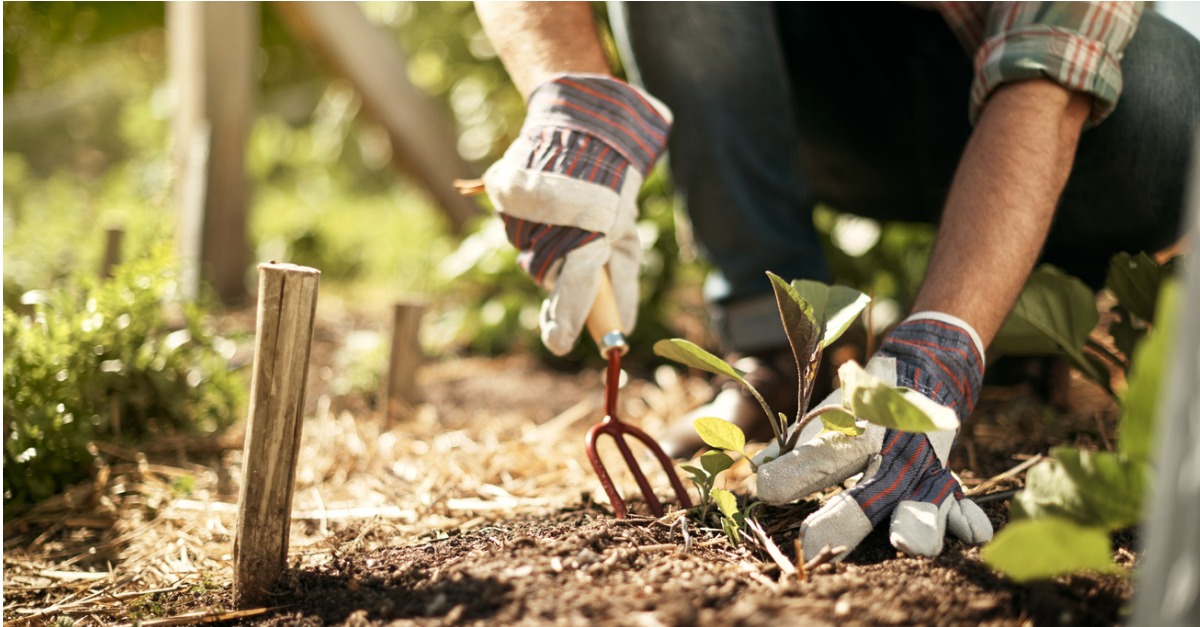
Puttering in the garden is an age-old hobby pursued for several reasons; it can keep you fit, provide food and flowers, and help you live in a more beautiful world. Experienced gardeners say mastering a few simple skills can get you off to a productive start to the home garden of your dreams:
Know your soil. Before you plant, it’s important to know the kind of plants your soil will best support. If you’re new to the neighborhood, ask a neighbor or local garden shop if the soil is alkaline, acidic or neutral. Or test the pH yourself with a commercial test probe you can buy. Once you know the soil’s pH content, local gardeners or an online search will help you choose the food and flowering plants that will thrive in that environment.
Seed or plant starting. Many gardeners say planting from seed has two big advantages; there are more varieties available as seeds, and it’s far more economical. It’s fairly easy to save seeds, as well, from one season to the next. A good gardening book can show you how.
Container gardening. If space is limited, or your soil is less than welcoming, it’s easy to grow vast amounts of food or flowers in containers—and not necessarily in expensive terra cotta pots. Use plastic storage tubs, old buckets, whatever.
Cuttings and transplants. Succulents and a host of other plants are perfect for cutting, which you can re-plant to expand your landscape and/or pot in attractive little containers to give away as gifts. A gardening book will show you the best candidates for cutting and transplanting.
Watering. Plants die from under-watering, but they can die from too much water. Local rainfall will impact your watering schedule and learning proper watering techniques will make you a more successful gardener.
Pruning. While tree pruning is best left to professionals, it’s easy to prune your own roses and other small plants, removing dead or dying parts damaged by insects or weather. Pruning regularly keeps your plants producing and looking healthy.
Tool maintenance. It’s useless to save by producing tomatoes and such if you spend a fortune replacing garden tools. Choose good rust-proof tools, clean them after each use and store them in a dry place and you will have tools that last a lifetime.


No comments:
Post a Comment